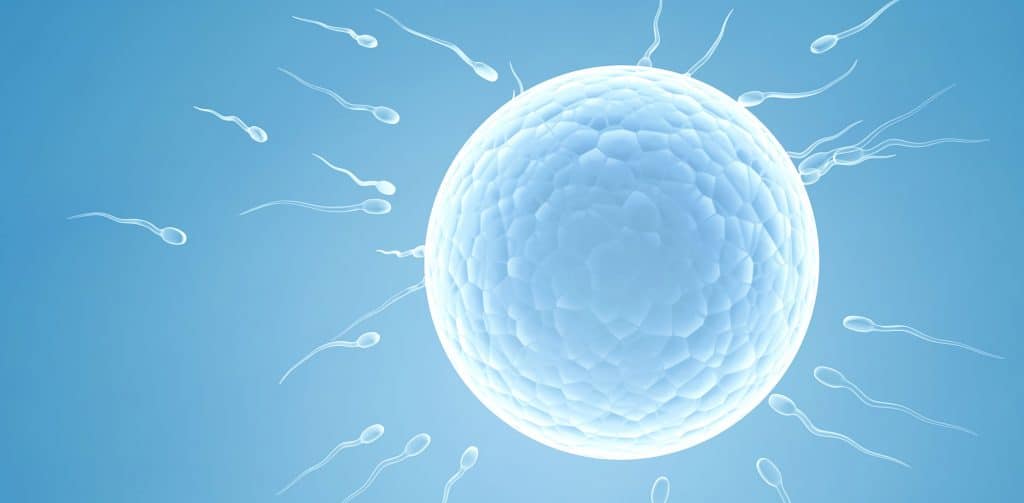A recent study published in reproduction and sterility has shed more light into the important role vitamin D plays on our fertility.
We’ve posted in the past about the importance of vitamin D and how it impacts sperm health and embryo quality. Recently, researchers from Oregon Health and Science University and Portland State University in the United States have revealed a strong link between vitamin D and mitochondrial biogenesis in developing eggs.
What does this mean?
Essentially, human eggs will develop and mature in follicles located in the ovary. The growth and development is controlled by local factors in addition to mediating actions of gonadotropins (the FSH injections you have to take during your cycle). The studies have determined that vitamin D plays a key role in helping to regulate physiological functions that control reproduction and influence the metabolism and signalling pathways in the ovary.

In mouse studies, it was discovered that mice who were fed a diet that was deficient in vitamin D had fewer mature eggs, impaired follicular development and estrogen biosynthesis was disrupted due to poor gene expression.
In contrast, vitamin D3 supplementation helped to promote granulosa cell proliferation. This is important because granulosa cells form the single layer surrounding your developing eggs, and are involved with the production of sex steroids which impact the quality of your eggs.
Fertility First has recognised the importance of sufficient vitamin D levels in our male and female patients trying to conceive for over 10 years. As a result, our clinic will routinely test the vitamin D levels in all our patients as part of our preliminary assessment.
And where can you find vitamin D?
Foods that are rich sources of vitamin D include fatty fish such as tuna and salmon, cheese, egg yolks and orange juice. Vitamin D can also be found in mushrooms exposed to sunlight (some are commercially available), and you can also help boost your vitamin D intake by stepping outside and spending about 10-30 minutes in the sunshine. For recommended guidelines for spending time in the sun to boost your vitamin D levels, you may want to check the resources on the Cancer Council’s website.
Looking for more personalised information to assist with your fertility journey? Contact us to schedule a consultation with our expert team.



